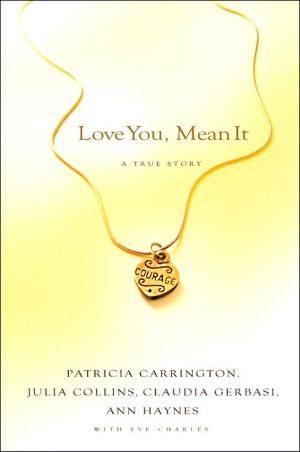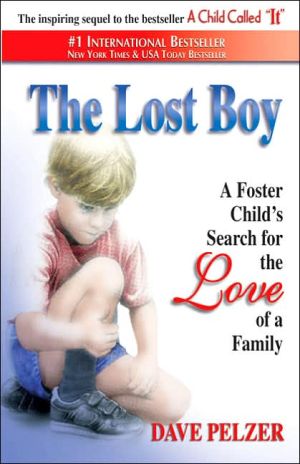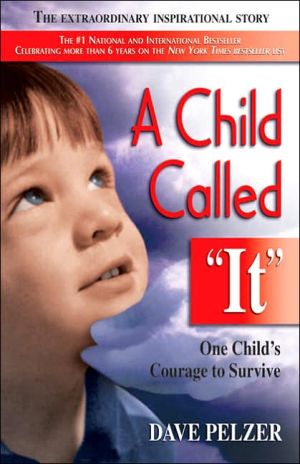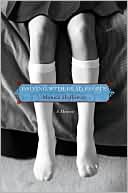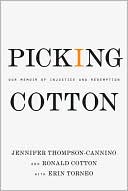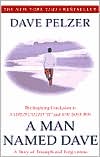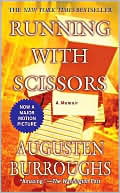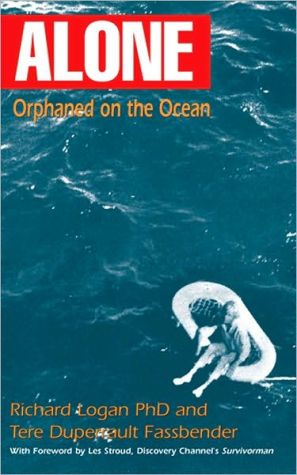Love You, Mean It: A True Story of Love, Loss, and Friendship
From the beginning, their friendship was a source of true strength, sustaining them through times of extraordinary heartbreak as they began to find their way forward. \ Pattie Carrington, Julia Collins, Claudia Gerbasi, and Ann Haynes first met in July of 2002, drawn together by the unthinkable-ten months previously their beloved husbands had been killed in the World Trade Center. These four thirty-something women soon discovered they had much more in common than their shared suffering. From...
Search in google:
From the beginning, their friendship was a source of true strength, sustaining them through times of extraordinary heartbreak as they began to find their way forward. Pattie Carrington, Julia Collins, Claudia Gerbasi, and Ann Haynes first met in July of 2002, drawn together by the unthinkable-ten months previously their beloved husbands had been killed in the World Trade Center. These four thirty-something women soon discovered they had much more in common than their shared suffering. From that first meeting they formed an unshakable bond, one that was grounded in grief's unbearable intensity and a mutual determination to find ways to go on with their lives. Taking their inspiration from their husbands-men who had all chosen to "live life to the fullest"-Pattie, Julia, Claudia, and Ann felt that their friendship was meant to be. They began calling themselves the Widows Club, signing off emails and phone conversations with a lighthearted phrase: Love you, mean it. "Feeling this love for one another meant our hearts were beginning to open again. It was a risk-love brought with it the ever-present possibility of loss. But this was a risk worth taking. More than ever, we understood how important it was to put love at the center of our lives." In this shared memoir of loss and rebuilt lives, the four authors recount the experiences of the coming years, during which time they support and encourage one another toward brave new futures. Love You, Mean It is a book that will both console and inspire with its true story of friendship, empathy, and emerging hope.
\ USA TodayThe book celebrates the lives and husbands they had before 9/11. It describes the pain and feelings of guilt, shares the awkwardness of dating again and ends with a shared belief that there's hope after grief.\ \ \ \ \ PeopleA moving look at how life went on for four wives who lost husbands - and found each other - when the towers went down.\ \ \ Publishers WeeklyFour young women widowed by the 9/11 attacks on the World Trade Center were so bereft, so inconsolable, that they ended up forming their own support group, the "Widows Club." True, they found sympathy everywhere-from in-laws, co-workers, friends, grief professionals-but even their dearest intimates couldn't offer the absolutely unconditional acceptance and understanding of a sister sufferer. Collins could weep and tell stories about Tommy for hours, days or years, and Haynes wouldn't find it tiresome. Gerbasi could tell Carrington she'd seen "signs" of Bart-a bird outside her window, a bedside light flickering-and Carrington would understand, because her Caz was also sending messages. None of these women were interested in being "the perfect September 11 widow," working on protest committees, testifying before Congress and organizing fund-raisers. They just wanted to get through a day without dissolving into tears. In interfolded accounts, they each discuss how they met their husbands, how they spent September 11 and all the many ways they grieved. In the end, they each found ways to open themselves to new love, careful to keep the "Boys" and the Widows Club ever dear. "Love you, mean it," they'd tell each other over and over-and readers will love them, too. Appearances on 20/20 and Good Morning America. (Sept.) Copyright 2006 Reed Business Information.\ \ \ \ \ Library JournalThey started calling themselves the Widows' Club almost a year after losing their husbands in the World Trade Center attacks, a year in which the friendships these four women nurtured became the most important relationship in their lives, eventually superseding, though never replacing, the love they had shared with their spouses. Pattie Carrington, Julia Collins, and Ann Haynes, all brought together by Claudia Gerbasi, have supported and cared for one another through the waiting, the news that their husbands aren't coming back, the memorials, survivor guilt, and the seemingly endless moments of unrelenting loss. Together, they travel, mark heartbreaking anniversaries, and finally make it through to the other side of grief, where reignited lives with new loved ones await them. "How could anyone continue to exist after such experiences?" is a question posed by the multiple first-person point of view (which works well here in combination with each woman's own tale). In this achingly moving book, these women eloquently show us how. Recommended for all public libraries; expect demand, as the authors are booked to appear on 20/20 and Good Morning America. Elizabeth Brinkley, Seattle Copyright 2006 Reed Business Information.\ \ \ \ \ Kirkus ReviewsFour 9/11 widows' jointly written account of life after the Twin Towers fell. They didn't know each other five years ago, but following 9/11, Carrington, Collins, Gerbasi and Haynes formed the Widows' Club. Here they pay homage to their dead husbands, recounting the harrowing hours of Sept. 11 and describing the process of adjusting to life alone. Gerbasi's account of the actual day is especially heartrending; she vividly recreates the horrifying feeling of not knowing whether her beloved was dead or alive, of the slowly dawning realization that he might not come home. The four women became closer than sisters: They hung out all the time, took trips together-in fact, spent so much time with each other that their relatives began to get sick of hearing about their fellow widows. "This was a club that none of us wanted to be members of," they write, but the comfort of being with other women who completely understood their grief, their guilt and their fear was invaluable. In this communal recollection, they discuss the stresses of single parenting and the pressure to be the perfect 9/11 widow: "She protests. She appears in front of Congress. She organizes. We'd managed none of this." The dramas of beginning to date provide some comic relief, as do the lists of stupid, if well-intentioned, things people say. The most stunning gaffe came from a therapist who, 30 minutes into an intake interview, told Gerbasi that she needed to get on with her life. Sometimes one of the four women narrates in the first person, while at other points, the first-person-plural takes over, as in their final conclusion that "by writing all this down, we've been able to see in black and white just how far we've comeand how much we've helped one another." This shifting point-of-view can be disorienting, but the prose, both individual and collective, is surprisingly strong. Respectful and serious yet fun, moving but rarely maudlin.\ \
